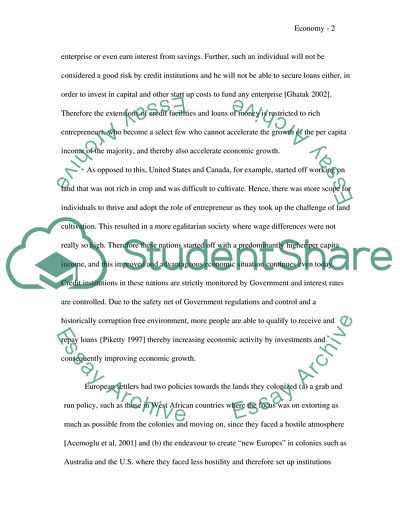Cite this document
(“Is the Democracy Good for the Economy of the Country Essay”, n.d.)
Is the Democracy Good for the Economy of the Country Essay. Retrieved from https://studentshare.org/macro-microeconomics/1702838-political-science-political-economy-research-paper
Is the Democracy Good for the Economy of the Country Essay. Retrieved from https://studentshare.org/macro-microeconomics/1702838-political-science-political-economy-research-paper
(Is the Democracy Good for the Economy of the Country Essay)
Is the Democracy Good for the Economy of the Country Essay. https://studentshare.org/macro-microeconomics/1702838-political-science-political-economy-research-paper.
Is the Democracy Good for the Economy of the Country Essay. https://studentshare.org/macro-microeconomics/1702838-political-science-political-economy-research-paper.
“Is the Democracy Good for the Economy of the Country Essay”, n.d. https://studentshare.org/macro-microeconomics/1702838-political-science-political-economy-research-paper.


